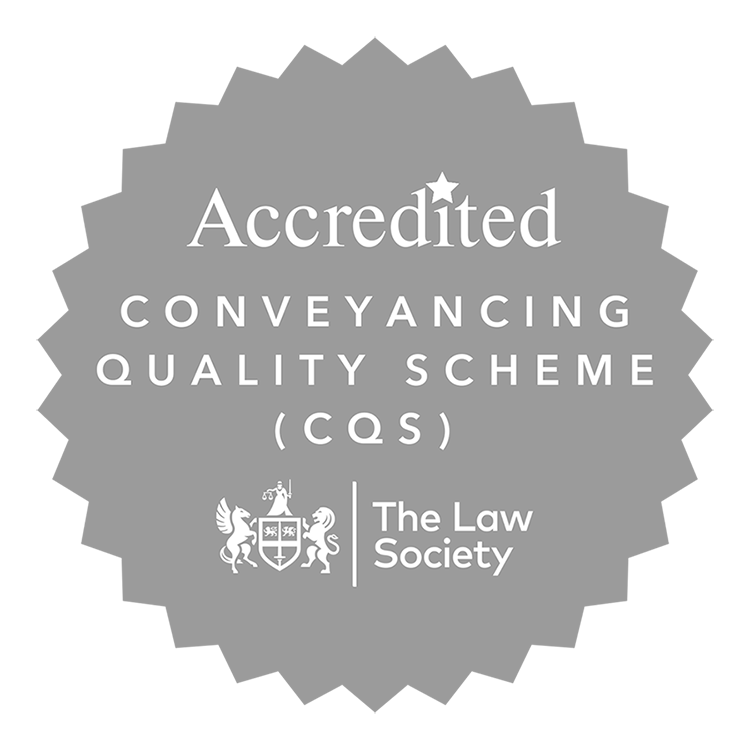No-fault divorce laws, which aim to simplify and streamline the process of divorce by eliminating the need to assign blame, have been recently introduced in England and Wales.
While these laws do have an impact on the divorce process itself, they generally do not directly affect financial settlements.
However, there are other factors that do impact divorce finances, so there is still a need to make arrangements for your finances during the divorce process.
In this blog, we cover:
- Will no-fault divorce law affect my financial settlement?
- How do I protect myself financially from my spouse?
- Does the length of my marriage affect our divorce settlement in the UK?
- What is the downside of no-fault divorce?
Will no-fault divorce law affect my financial settlement?
Lots of people are now using the online no-fault divorce process. However, it’s important to remember that the divorce itself, no matter what box you tick in the divorce process, does not end the financial commitment that you have as husband and wife even after divorce.
In the UK, financial settlements are determined by considering various factors, including the length of the marriage, the financial needs and earning capacities of each spouse, the standard of living during the marriage, and any contributions made by each party. The introduction of no-fault divorce does not change these fundamental principles.
Whether or not you choose to get a no-fault divorce, you still have a financial responsibility to your partner and it is still possible for a former spouse to claim against the other in the future.
It is crucial to seek legal advice to ensure a fair and equitable division of assets and liabilities during the divorce process and to ensure your interests are protected.
How do I protect myself financially from my spouse?
Some people think that future assets are protected. This isn’t the case unless claims are dismissed in a consent order approved by the court.
The ability to bring a claim in the future remains open after the divorce until remarriage or a court approved financial order.
If you don’t obtain a financial order, then your ex-spouse can still bring a claim against you long after the divorce has been finalised. This can be agreed and applied for through the courts if you both consent without having to attend court. It is therefore very important to protect your future and be certain that what you have will remain yours as life moves on.
You can apply for a financial order after the conditional order (formerly called the ‘decree nisi’) in the divorce. Importantly there is no time limit on making this application to the court. So, your ex-spouse can bring the claim at any time sometimes many years later as in the case of Wyatt v Vince.
It is therefore important to get clear advice as early as possible to obtain a financial order.
Does the length of my marriage affect our divorce settlement in the UK?
Yes, the length of your marriage is likely to have an impact on your divorce settlement. The duration of the marriage is considered one of the key factors when determining financial settlements.
In the UK, the court considers several factors, as outlined in Section 25 of the Matrimonial Causes Act 1973, to determine a fair settlement. One of these factors is the length of the marriage. Generally, the longer the marriage, the more likely it is that the court will consider an equal division of assets.
For short marriages, typically those lasting less than five years, the court's focus may be on returning each party to their pre-marriage financial positions. In such cases, the financial settlement may involve a more limited redistribution of assets and resources.
On the other hand, for long marriages, particularly those lasting over 10 years or more, the court may be inclined to ensure that the financial needs of both parties are adequately met, taking into consideration the lifestyle established during the marriage. This could involve a more extensive redistribution of assets, spousal maintenance, or pension sharing arrangements.
It's important to note that the length of the marriage is just one factor among many that the court considers. Other factors such as the financial needs and earning capacities of each spouse, contributions made by each party, and the standard of living enjoyed during the marriage also play a significant role in determining the final settlement.
Every case is unique, and outcomes can vary depending on the specific circumstances involved. Seeking legal advice is crucial to understand how the length of the marriage may impact your individual divorce finances.
What is the downside of no-fault divorce?
Some people may feel it is a drawback of no-fault divorce that there is an absence of accountability for either party regarding the marriage's breakdown. This can be frustrating for individuals who believe that their spouse's behaviour or actions significantly contributed to the marriage's failure. In a no-fault divorce, both parties can simply state that the marriage has irretrievably broken down and proceed with the divorce process.
With the implementation of new no-fault divorce laws in the UK, the courts also have fewer legal remedies available to prevent a divorce from moving forward. The only defences against divorce now revolve around legal technicalities concerning the marriage's validity and the English/Welsh court’s jurisdiction to process the divorce, making it considerably more challenging to contest a divorce application than before.
However, for the vast majority of people, the introduction of no-fault divorce was a positive move as it removes the potential for a lot of unnecessary conflict during the divorce process.
Speak to our no-fault divorce solicitors in West Sussex
To discuss your requirements and find out how we can help, please get in touch to speak to one of our expert divorce financial settlement lawyers.
At SMR Solicitors, we offer a free 20-minute consultation with one of our family law experts to discuss your situation.




